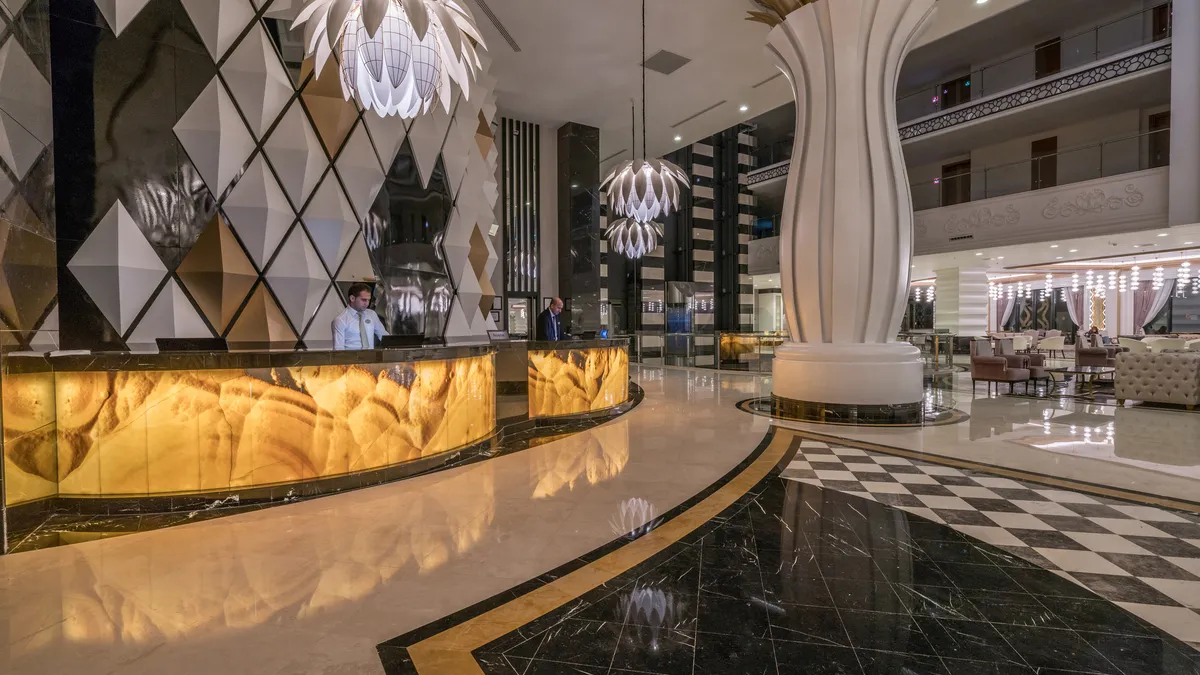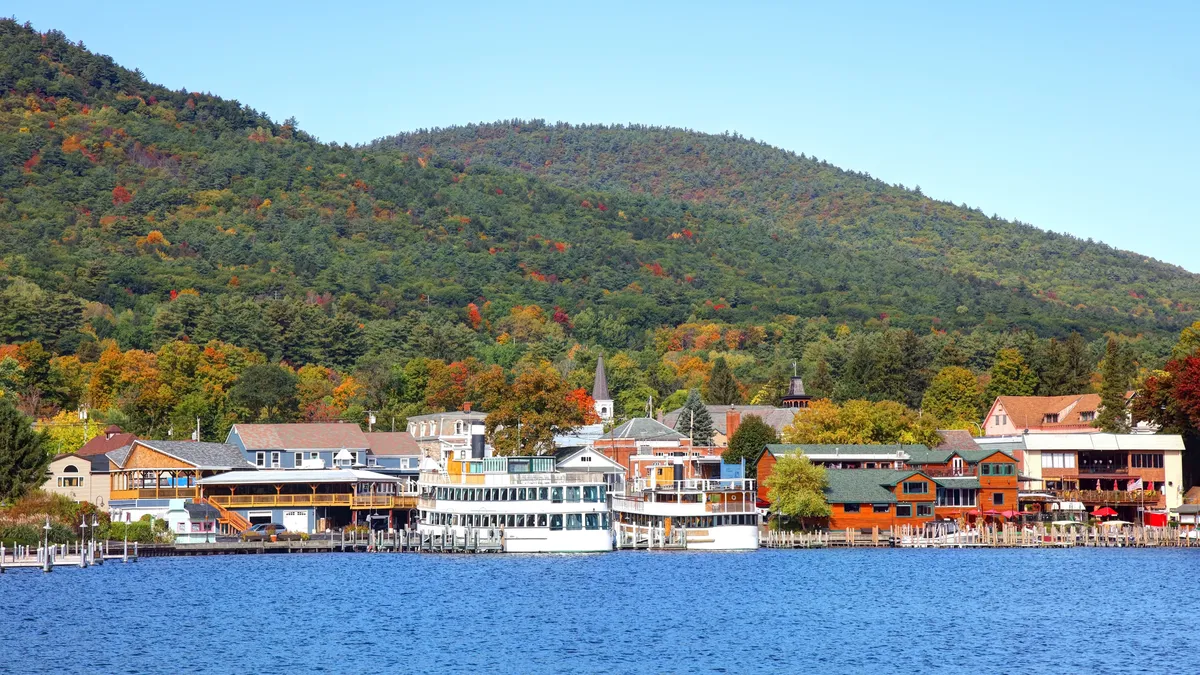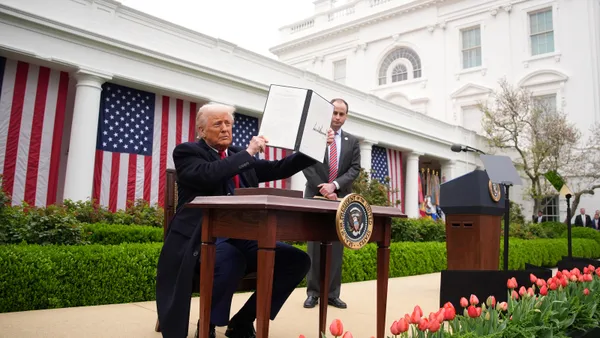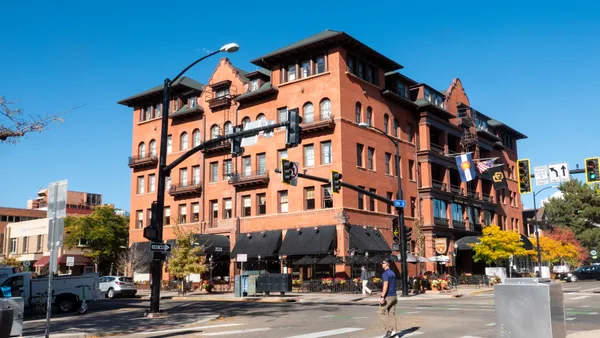Dive Brief:
- The latest report from JLL Research Hotels & Hospitality dives into the biggest global hotel investment trends of the first half 2023, including the return of international travel, and offers an outlook for the rest of the year.
- The total transaction volume for H1 2023 of $20.6 billion was down 46.1% from 2022 and down 41.8% from 2019; there were 652 total transactions, down 34.6% from 2022 and up 2.2% from 2019. The report attributes these figures to ongoing economic volatility and turbulent debt markets.
- For the back half of 2023, JLL predicts continued improvement in global hotel performance, with an uptick in foreign hotel investment thanks to full border reopenings and further activity in the luxury space.
Dive Insight:
Despite fewer investment transactions, the global hotel industry remained resilient in the first half of 2023, with RevPAR surpassing 2019 levels by 11%, according to JLL’s State of the Lodging Industry report.
Major gateway markets — Paris, Rome, Dubai, London, New York and Madrid — surpassed 2019 levels thanks to robust leisure demand and returning group, corporate and international travel. Further improvement, particularly in lagging Asia Pacific markets, is expected during the second half of the year, as China reopens and welcomes the return of business travel.
Additionally, according to the report, the first half of 2023 saw more new investors entering the sector, particularly luxury; 24% of global hotel investment volume was driven by first-time hotel buyers.
Looking ahead to the back half of 2023, the report forecasts that traditional hotel brands and investors will have an opportunity to expand their product offerings to include new non-traditional hotel verticals, such as branded residential, short-term rentals and private membership clubs, particularly in the luxury space, as the lines between work, life and travel become increasingly blurred.
Even though foreign hotel investment has been lacking over the last three years, due in part to geopolitical volatility, JLL predicts that full border reopenings will spur the reemergence of cross-border investments, particularly from Middle Eastern investors looking to deploy capital across Europe and in select U.S. markets, specifically in the luxury space.
Because of ongoing high construction costs and interest rates for development financing, new supply is limited. In June, global year-over-year supply growth rose 2.9%, 1.7 percentage points lower than 2019. According to the report, this means there’s an opportunity to drive profit via average daily rate. JLL also expects acquisitions and possible conversions with the cost-to-buy less than the cost-to-build in many markets.









